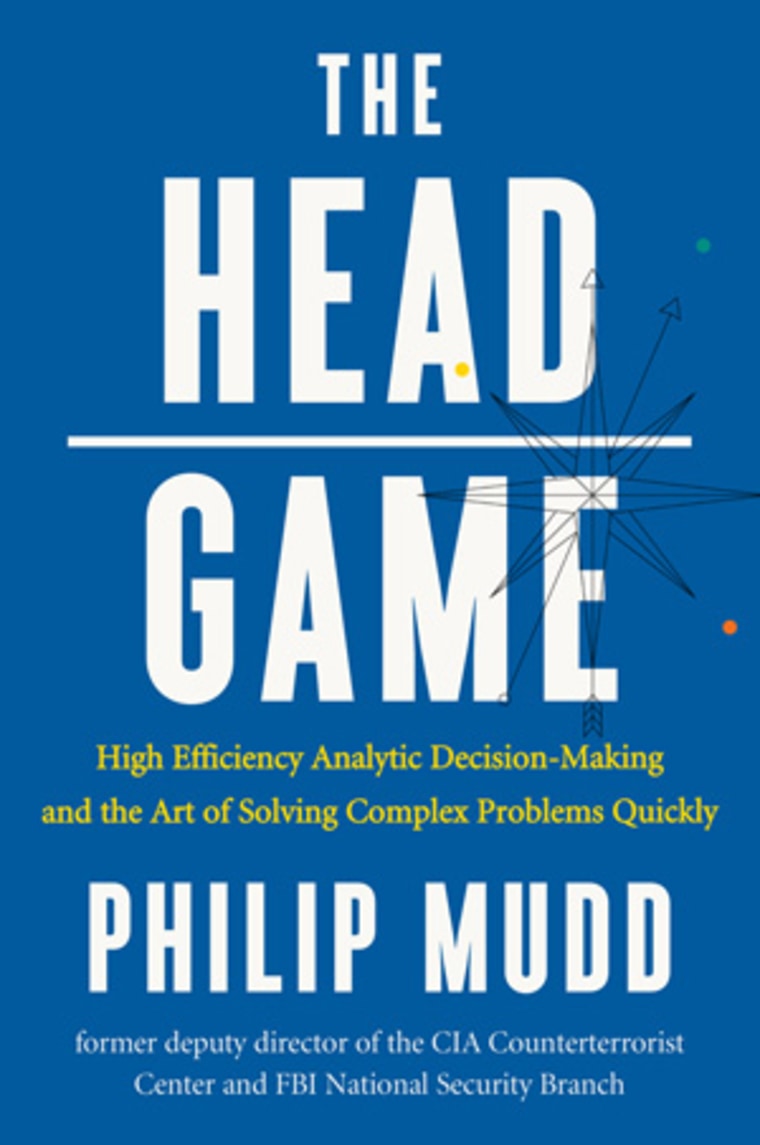
Preface
Sometimes life’s choices are overwhelming. Start with the data explosion we all live with, from Google searches that produce a million results in a split second to soware programs that generate data analyses faster than we can read them. You would think that with all this data at our €fingertips life would become more manageable, and decisions might come easier. It hasn’t worked out that way in the digital age. As any Google search will tell you, more data can mean more complexity, and more information to sort. Do you want to buy a car? �Three hours after you start your search, you’ve compared dozens if not hundreds of vehicles, but you may be no closer to a decision. In fact, there’s a good chance you feel more overwhelmed than ever, drowning in a sea of data. I walked into my fi€rst management job at the Central Intelligence Agency in the late 1990‚ƒƒ„s, when the agency was already living in the world of data overload. I had started nearly fift€een years earlier, as the CIA transformed rapidly from paper to the digital age. Throughout my career, most of the information we sifted through - …“we” being me plus the thousands of other analysts and managers - …was classifi€ed top secret data. My own responsibility was the unit tasked with analyzing Iraq’s politics, military capabilities, stability, and economy, in the years before anyone conceived that a war to oust Saddam Husayn might be around the corner. �The analyses we prepared were based on data from every corner of the planet, supplied to us by a network of secret human informants, media reports, intercepted communications, satellite photos, background from friendly foreign security services, and an intelligence soup of other material.